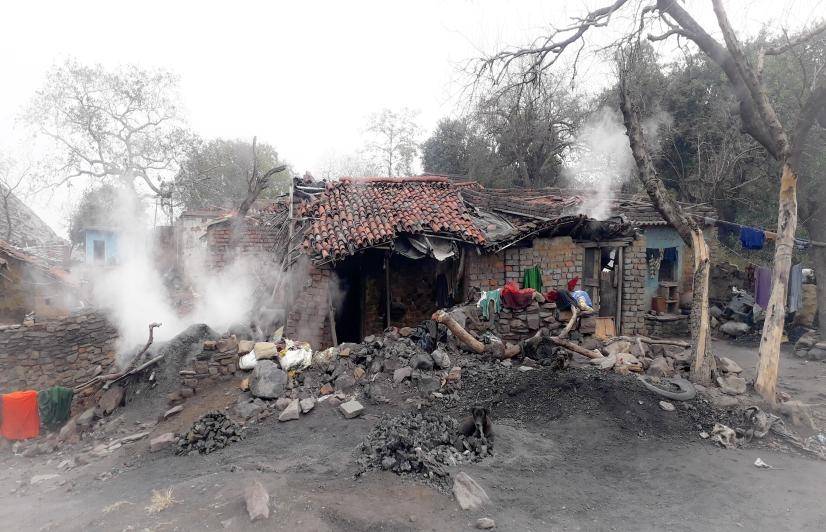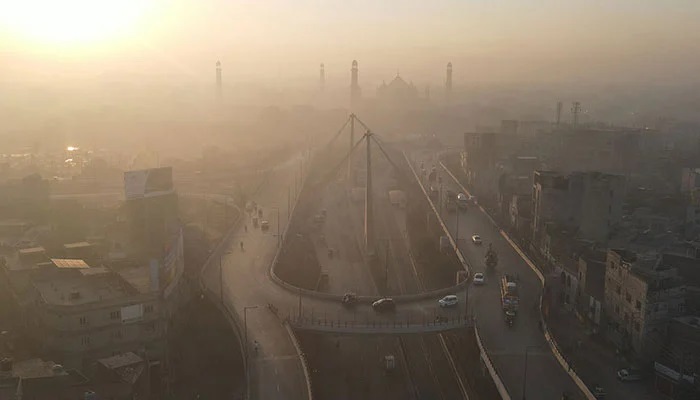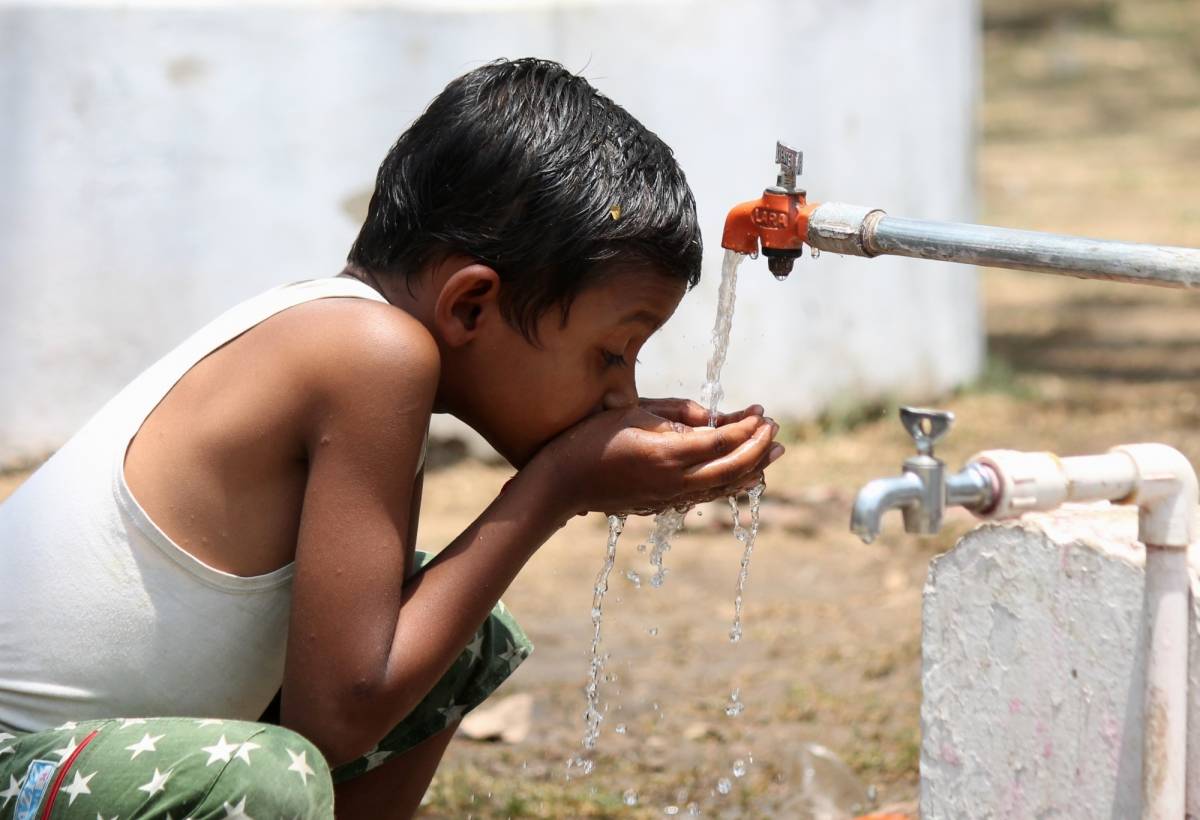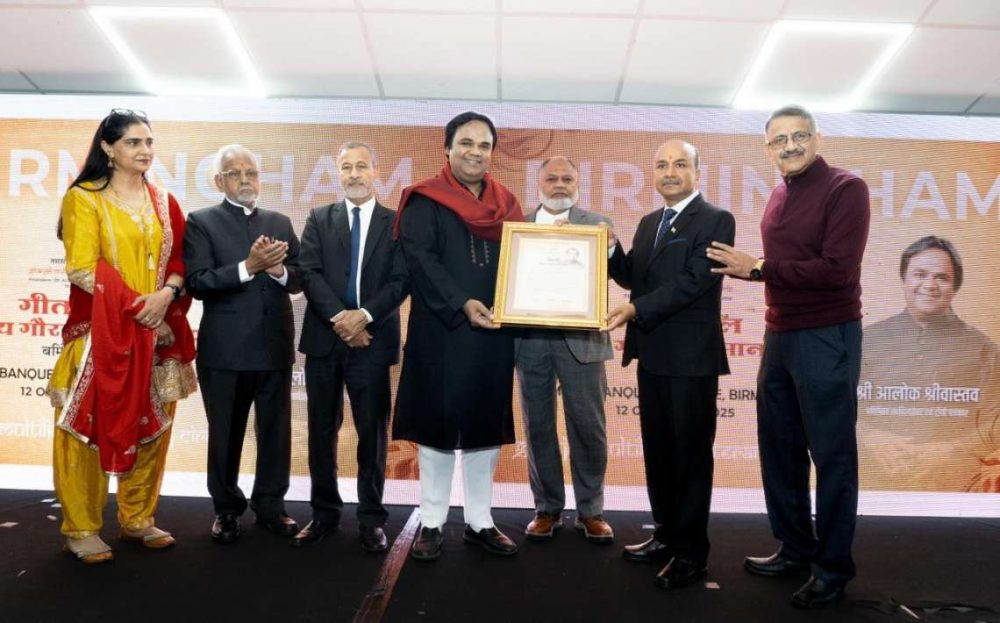According to doctors, the pollution is “affecting embryos in the womb, because of which the number of cases of deformities among newborns has increased in recent times”, reports Praduman Choubey
Umesh Bhuian (28), an unorganised sector labourer, succumbed to lung cancer in 2017. He was a resident of the underground fire-affected Ghanudih area of Jharia in Jharkhand, working as a loader at the Kujama colliery. A year later, Ram Kumar Paswan, a BCCL employee and resident of the same locality, died of tuberculosis. He was exposed to coal dust both at his workplace and residence in Ghanudih.
Bhuian and Paswan aren’t isolated cases in these parts of Jharkhand. In fact, Dr Nasir Iqbal, a private physician in Jharia, said that in a coal town, it was “common to come across patients suffering from respiratory diseases such as bronchitis, asthma, tuberculosis and Chronic Obstructive Pulmonary Disease”. “The number of such patients, as well as those suffering from allergic rhinitis, had spiked in the past six to seven years due to rising pollution,” he said.
In Jharia, exposure to coal dust and rising pollution has begun to affect unborn children, as well. According to Jharia-based physiotherapist and environmentalist Manoj Singh, the pollution is “affecting embryos in the womb, because of which the number of cases of deformities among newborns has increased in recent times”.
In June 2019, Singh participated in a meeting organised by the Jharkhand State Pollution Control Board in Ranchi, to chalk out a strategy to control the pollution around Jharia’s coalfields. “None of the measures promised by Bharat Coking Coal Limited (BCCL) and the Dhanbad Municipal Corporation (DMC) at the Ranchi meeting has been implemented yet, even though Greenpeace India ranked the coal town of Jharia the worst polluted city/town in the country twice (in 2019 and 2020), in a list of around 300.”
Furthermore, in a gross disregard for pollution-control norms, more than 50,000 trees have been uprooted from various parts of the district for road-broadening work. According to local social worker Akhlaque Ahmad, the plantation work carried out to offset the ill effects of the felled trees “is almost negligible”.
Anup Sao, a former councillor of Ward 37, located near the fire-affected colliery project of Bastacola, highlighted several reasons for the abysmal state of the region. For one, he noted how activities carried out through open-cast mines add to the problem.
“The entry of private miners as BCCL contractors has led to a further increase in pollution. To meet the production target, they often disregard and violate norms while mining and transporting coal. For instance, they move coal in uncovered vehicles,” Sao said, adding that the close proximity of some mines to inhabited areas made things worse.
Rajiv Sharma, general secretary of the Jharkhand Industries and Trade Association, said: “Even though the Jharkhand State Pollution Control Board allotted Rs 54 crore to the DMC to implement measures like plantation, green walling and installation of pollution measurement equipment under the National Clean Air Programme (NCAP), very few measures had been initiated; the fund is lying unused.”
He also pointed out that the five dust-sweeping machines that the civic body had procured as part of pollution control measures had been lying unused at garbage compactor stations because the DMC could not dole out Rs 19 lakhs per month to operate the equipment, which were obtained for Rs 2.65 crore in 2019.
“We also suggested that they adopt unconventional measures such as installation of air filtration plants, which the Delhi government implemented well, to control pollution effectively,” Sharma added.
Hubban Mallick, Director of Pay and Clean, the firm entrusted with the task of operating the dust-sweeping machines, said: “These machines were procured by diverting funds meant for the District Mineral Foundation Trust. But the DMC failed to manage the Rs 19 lakh required for fuel and to employ drivers to operate the machines.
“Among the five machines bought, two are small machines that were meant to be used within colonies. However, they have not been utilised for this purpose, leaving residential areas heavily polluted. The payments take anywhere between three to six months, leaving the workers and drivers in a rut. This adds further pressure on the cleaning efforts of the entire enterprise.”
According to the contract, a minimum distance of 160 km and a maximum of 200 km needed to be swept each day. However, due to internal bureaucratic corruption, this is far from reality, he said. Sweeping operations are undertaken a few days a week or upon the arrival of politicians.
Contrary to the claims, Dhanbad Municipal Commissioner Satyendra Kumar said that the civic body had been operating three dust sprinkler machines, procured through the NCAP fund, and had also purchased 10 more such machines, which were taken for a test run on January 29.
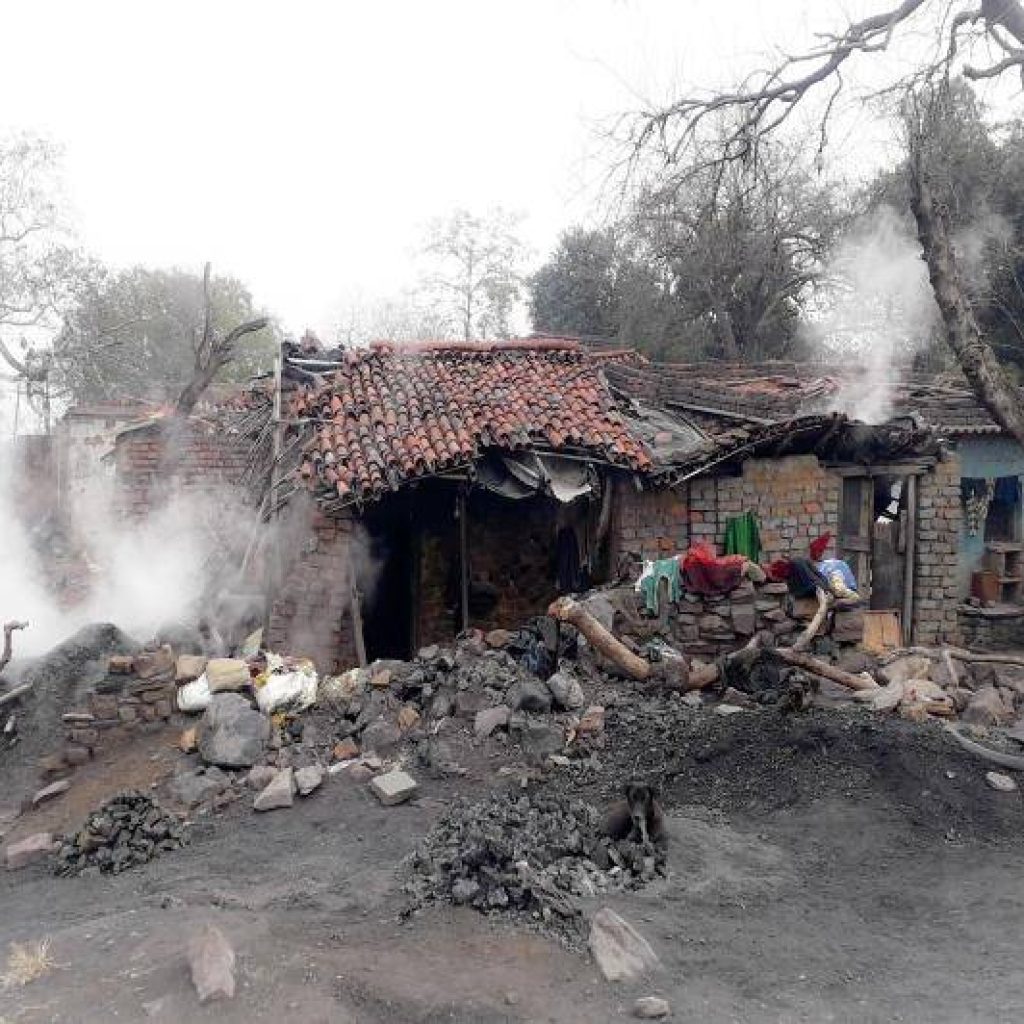
“We will procure more pollution-control equipment in phases under the NCAP. We will also operate the dust-sweeping machines lying idle by repairing them,” he added.
However, workers engaged directly with cleanliness activities have not received this decision well.
“It does not matter if 10 new machines are bought. The machines need good roads and financial help to function properly,” Mallick emphasised. “The dust sweepers and sprinklers cannot be operated in the current state of the roads. The government and DMC are wasting money on the wrong front and need to improve the infrastructure first, before spending more money on machines.”
Urging regional politicians to step up, he called out the government for its “apathetic attitude” towards the worsening air quality in Dhanbad, blaming it for the deplorable condition of one of India’s most-polluted cities.
ALSO READ-An inspiring success story in mushroom cultivation


